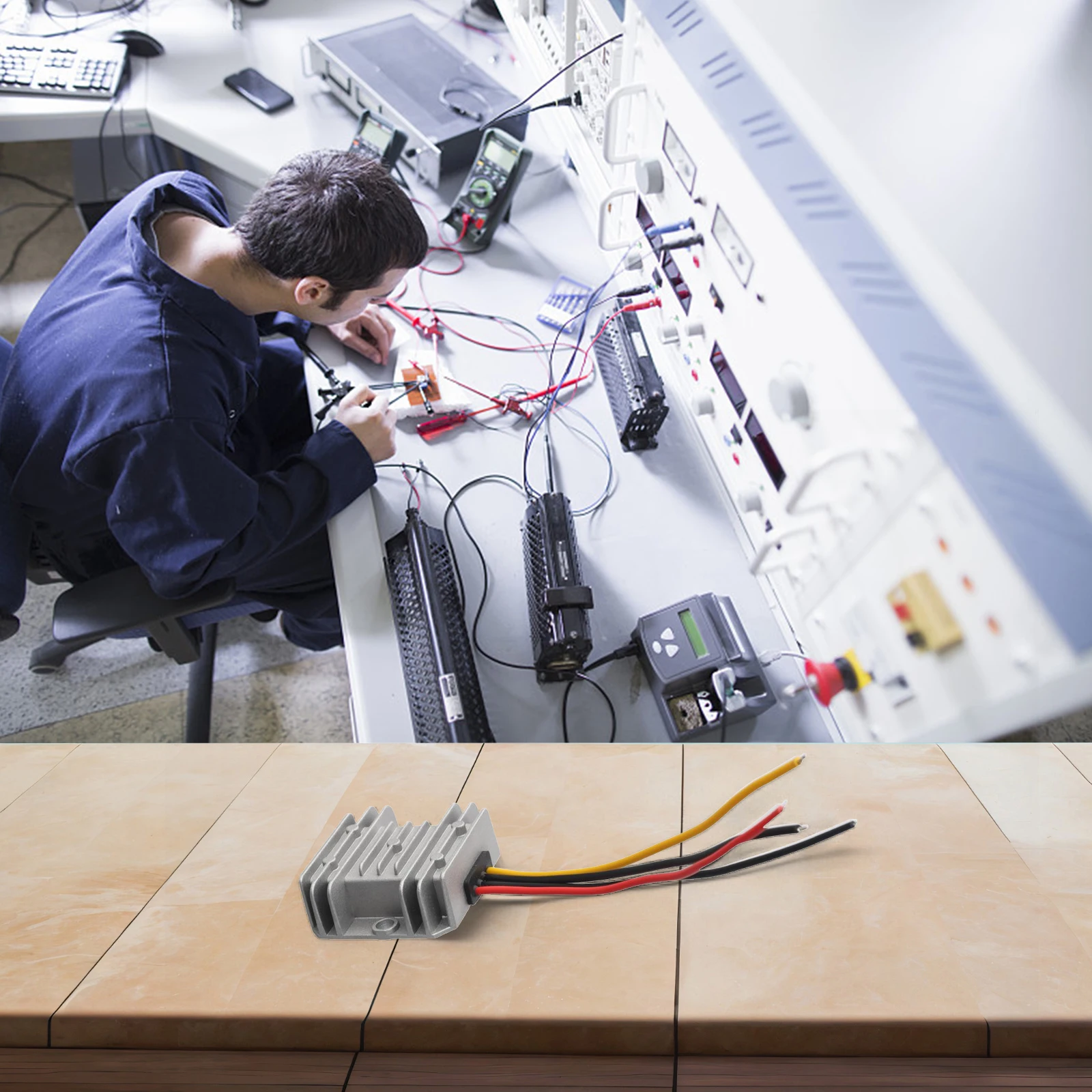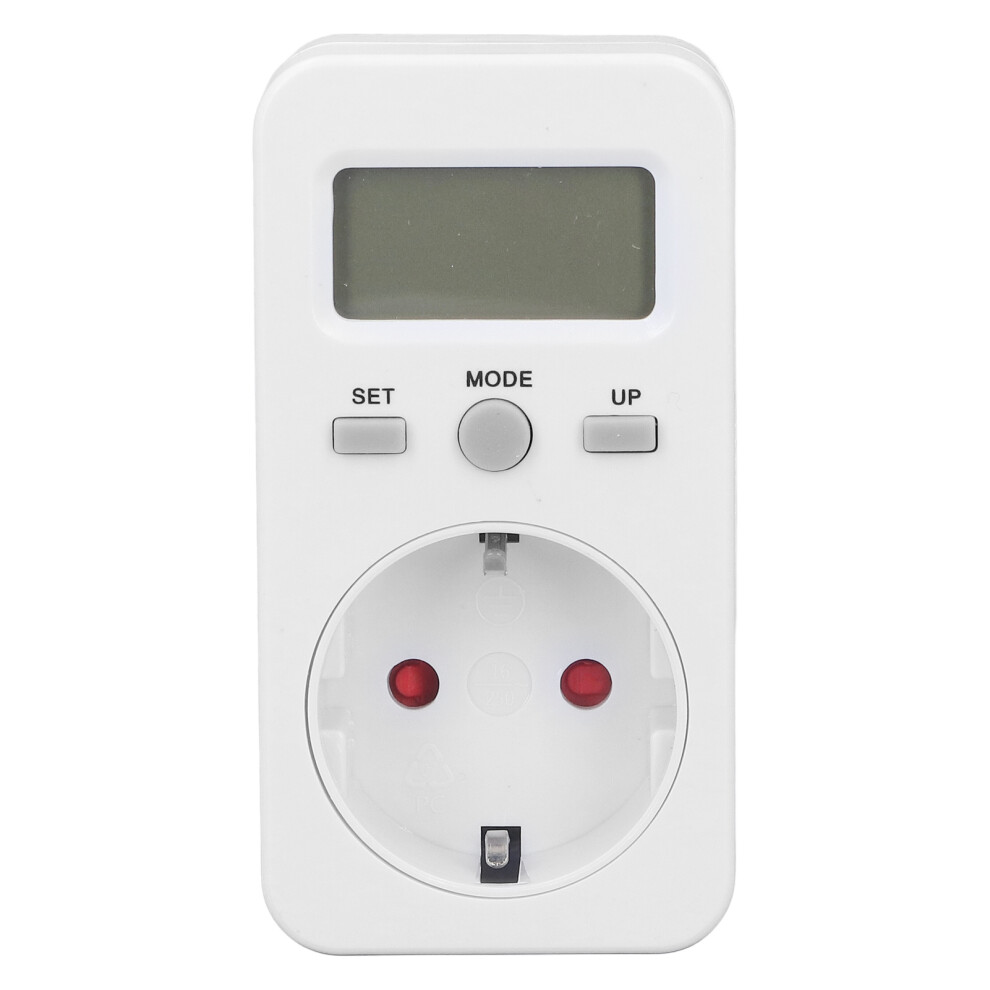

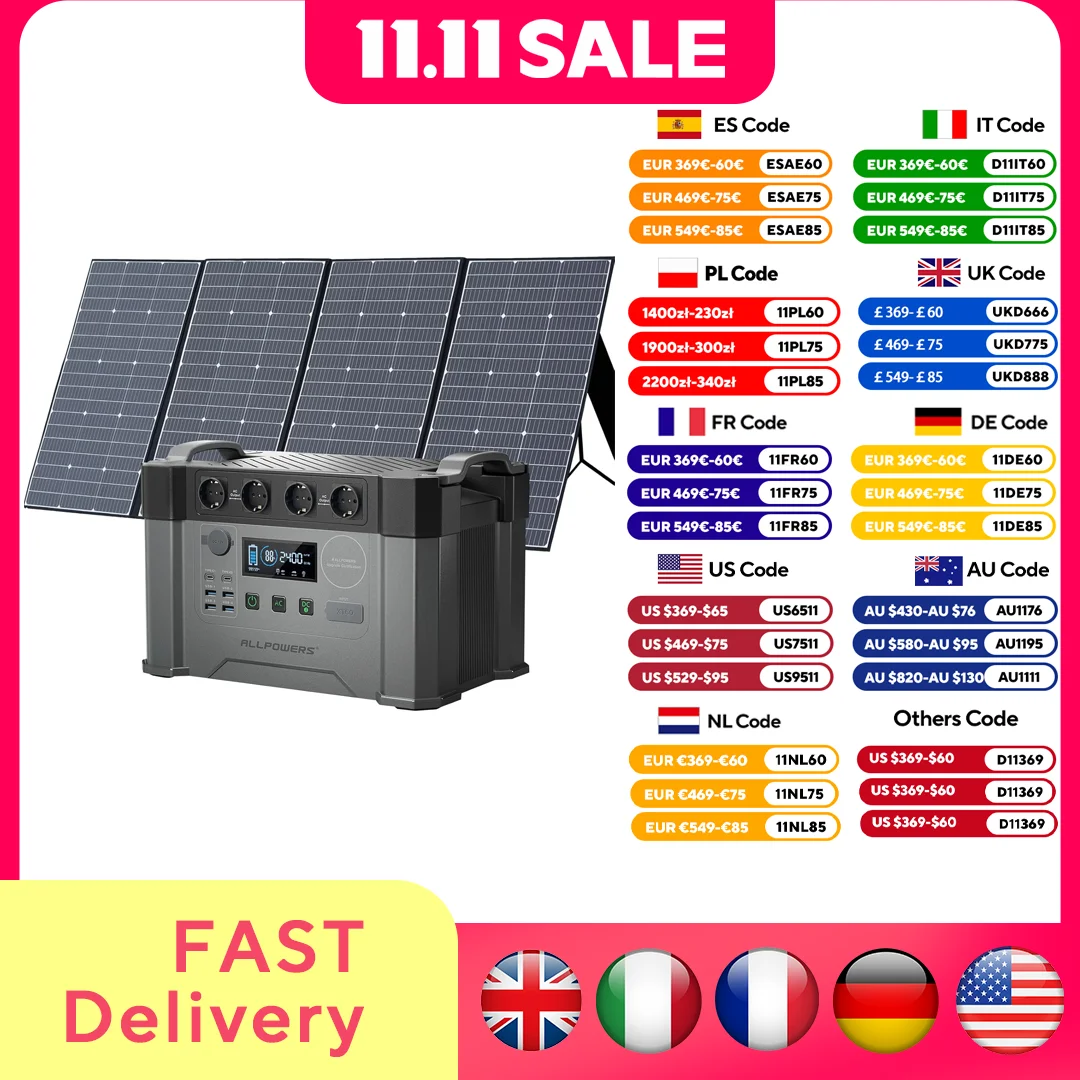
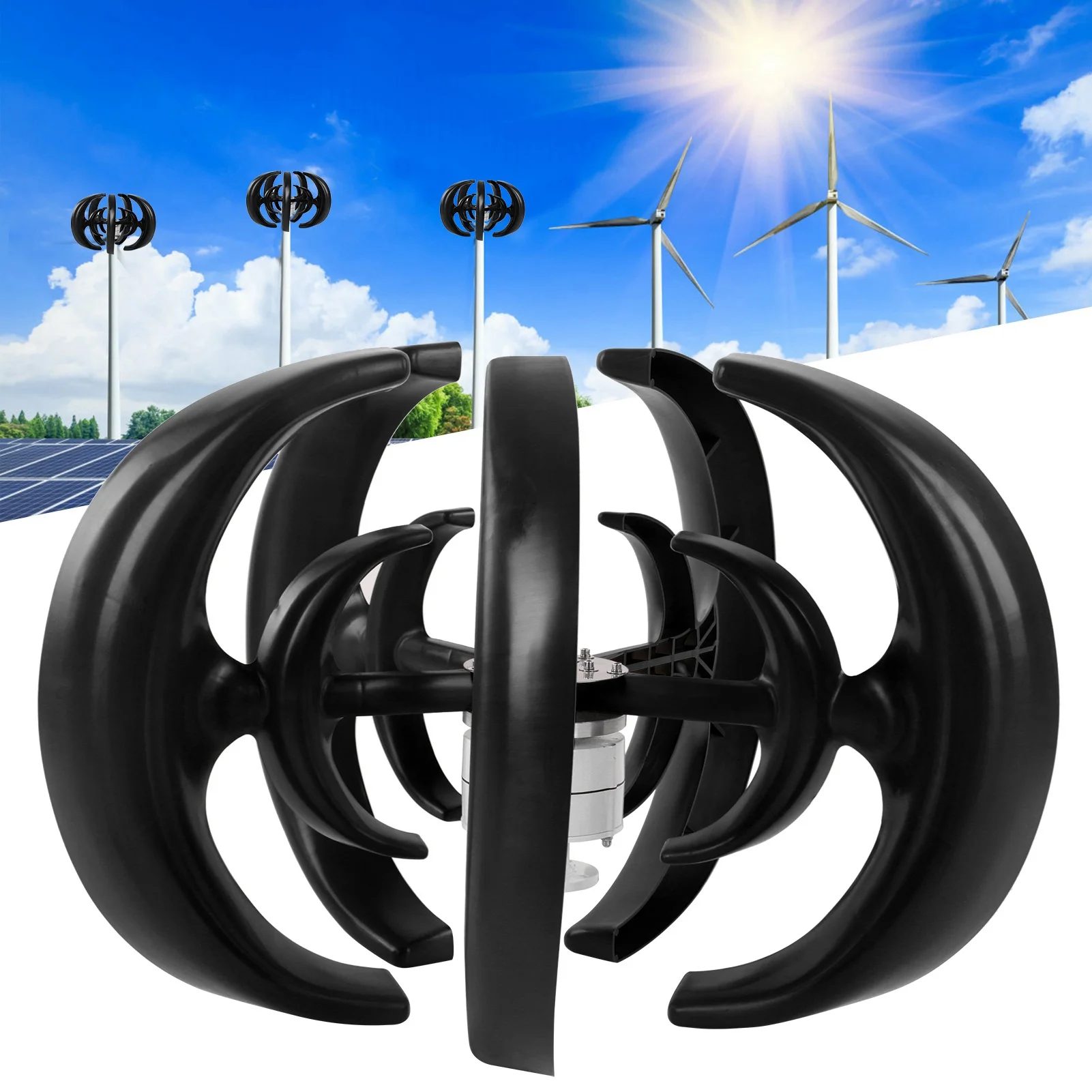
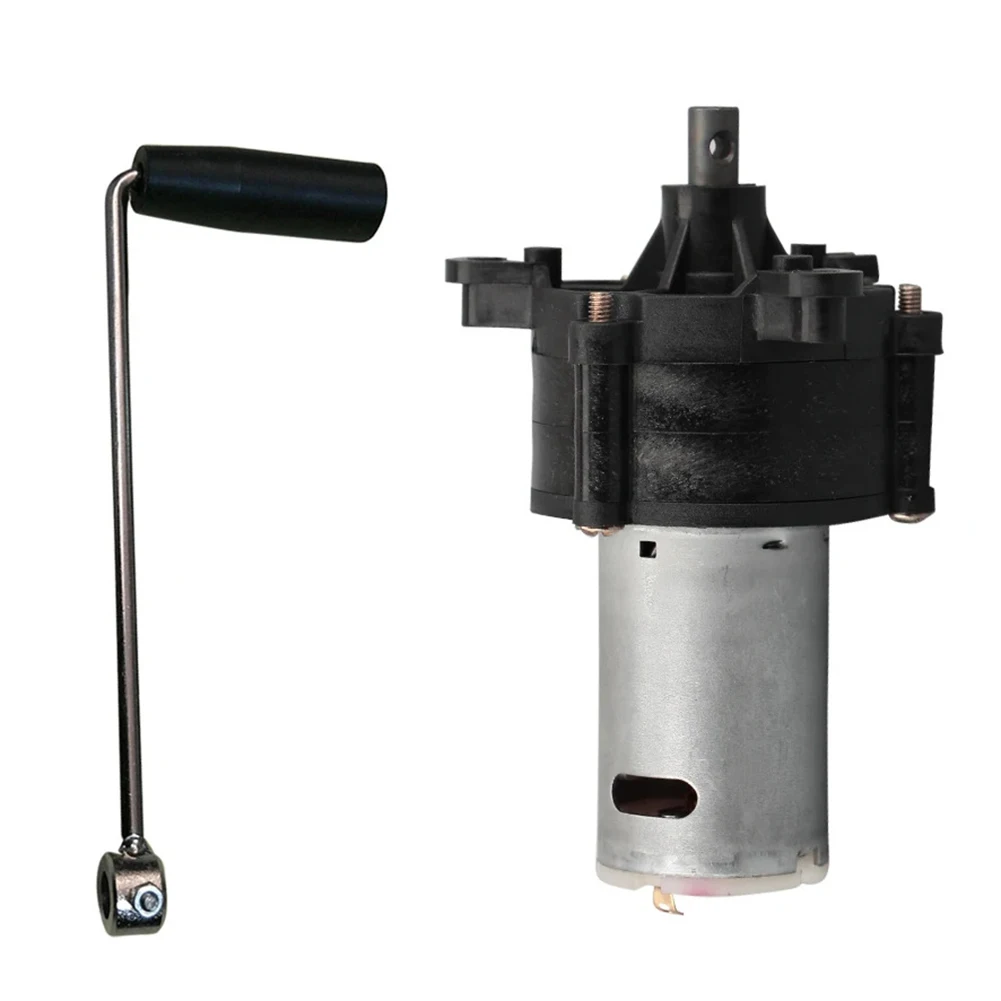
{
“@type”: “Article”,
“author”: {
“url”: “https://htexs.com”,
“name”: “Htexs”,
“@type”: “Organization”
},
“@context”: “https://schema.org”,
“headline”: “Benefits of Solar Gadgets: Everything You Need to Know”,
“publisher”: {
“url”: “https://htexs.com”,
“name”: “Htexs”,
“@type”: “Organization”
},
“inLanguage”: “en”,
“articleBody”: “Discover the benefits of solar gadgets with a comprehensive guide covering types, energy savings, sustainability, use cases, drawbacks, and comparisons.”,
“description”: “Discover the benefits of solar gadgets with a comprehensive guide covering types, energy savings, sustainability, use cases, drawbacks, and comparisons.”,
“datePublished”: “2025-10-29T01:49:24.978Z”
}
Did you know that more than two billion solar-powered devices are used worldwide today? As the need for sustainable energy grows, people are turning to solar gadgets to power everyday life with fewer emissions and lower costs. Advances in solar technology make it possible to enjoy clean, reliable energy whether you are at home, outdoors, or even off the grid. Discover how these gadgets combine convenience with real-world benefits that help both your wallet and the environment.
Table of Contents
- Understanding Solar Gadgets And Their Core Benefits
- Types Of Solar Gadgets For Everyday Use
- How Solar Gadgets Operate And Key Features
- Environmental And Financial Benefits Explained
- Limitations, Challenges, And Alternatives Compared
Key Takeaways
| Point | Details |
|---|---|
| Benefit of Solar Gadgets | Solar gadgets reduce electricity costs, promote energy independence, and utilize clean energy sources, contributing to both environmental conservation and lower carbon footprints. |
| Diverse Applications | Modern solar gadgets include portable chargers, outdoor gear, and recreational electronics, catering to various lifestyle needs and enhancing convenience. |
| Operational Features | They operate through photovoltaic systems, enabling direct sunlight conversion into electricity with built-in battery storage for continuous power access. |
| Limitations and Alternatives | Users should consider challenges like sunlight dependency and varying performance, while exploring alternative energy harvesting technologies for more reliable solutions. |
Understanding Solar Gadgets and Their Core Benefits
Solar gadgets represent an innovative technological solution that harnesses renewable energy directly from sunlight, transforming how we power everyday devices. Solar technology enables electronics to operate using clean, sustainable energy sources without relying on traditional electrical grids or disposable batteries. According to research from Energy Innovation Center, these devices offer multiple compelling advantages that extend far beyond simple power generation.
The core benefits of solar gadgets encompass several critical dimensions. First, they dramatically reduce electricity consumption by converting sunlight into usable electrical energy. Devices range from small portable chargers to complex home systems, each contributing to lower energy bills and decreased carbon footprints. Additionally, solar gadgets provide unparalleled energy independence, allowing users to operate electronics in remote locations or during power disruptions. As highlighted by research, these devices contribute significantly to environmental conservation by utilizing renewable energy sources.
Key advantages of solar gadgets include:
- Silent operation without mechanical noise
- Zero greenhouse gas emissions during use
- Minimal maintenance requirements
- Adaptability across multiple environments
- Reduced long-term energy expenses
Consumers increasingly recognize solar gadgets as smart investments that align technological convenience with ecological responsibility. By integrating solar innovation guide, users can explore cutting-edge devices that transform sustainable energy from an abstract concept into practical, everyday technology.
Types of Solar Gadgets for Everyday Use
Solar technology has evolved dramatically, offering an impressive array of everyday gadgets that transform how we interact with portable electronics. According to research from TechRound Guides, modern consumers now have access to a diverse range of solar-powered devices that cater to multiple lifestyle needs and preferences.
Personal convenience and outdoor functionality define the current solar gadget landscape. Portable chargers with USB ports represent one of the most popular categories, allowing users to recharge smartphones, tablets, and other devices using pure sunlight. Beyond charging solutions, research indicates exciting diversity in solar gadgets, including innovative products like solar backpacks, Bluetooth speakers, water purifiers, and even cooking devices that leverage renewable energy technology.
Key solar gadget categories include:
Here’s a comparison of common solar gadget categories and their key features:
| Category | Typical Devices | Core Features |
|---|---|---|
| Charging Devices | Solar panel chargers Power banks Solar backpacks | Portable USB connectivity Quick charging |
| Outdoor Lifestyle Gadgets | Torches Camping gear Security cameras | Weather resistant Low maintenance Lightweight |
| Recreational Electronics | Bluetooth speakers E-readers Portable fans | Entertainment-focused Wireless Battery storage |
- Charging Devices
- Portable solar panel chargers
- USB power banks
- Solar-enabled backpacks
- Outdoor Lifestyle Gadgets
- Solar-powered torches
- Camping equipment (tents, grills)
- Security cameras
- Recreational Electronics
- Bluetooth speakers
- E-readers
- Portable fans
For tech enthusiasts eager to explore the latest innovations, our guide on solar technology types offers comprehensive insights into emerging solar gadget trends and practical applications across various domains.
How Solar Gadgets Operate and Key Features
The intricate world of solar gadget technology revolves around transforming sunlight into usable electrical energy through sophisticated photovoltaic systems. According to research from Power Solutions, these devices employ complex mechanisms that convert solar radiation into electricity, utilizing advanced components like solar panels, inverters, and energy storage systems.
Photovoltaic conversion is the core technological principle driving solar gadgets. When sunlight strikes specialized solar cells, electrons are excited and generate direct electrical current. This process enables devices to capture and transform solar energy with remarkable efficiency. Built-in batteries play a crucial role, allowing solar gadgets to store excess energy for use during low-light conditions or nighttime, ensuring continuous power availability.
Key operational features of solar gadgets include:
- Direct solar energy conversion
- Built-in battery storage capabilities
- Energy efficiency optimization
- Portable and lightweight design
- Quick charging mechanisms
- Adaptability to various light conditions
Tech enthusiasts seeking deeper insights into the underlying mechanics can explore our guide on solar cell technology, which provides comprehensive details about the innovative processes powering these remarkable devices. Modern solar gadgets represent a perfect blend of cutting-edge technology and sustainable energy solutions, offering users unprecedented flexibility in powering their electronic devices.
Environmental and Financial Benefits Explained
Solar gadgets represent a powerful solution for individuals seeking to simultaneously reduce their environmental footprint and achieve significant financial savings. According to research from Power Solutions, these innovative devices offer a dual-purpose approach to sustainable living by providing economic advantages while minimizing ecological impact.
Environmental conservation stands at the forefront of solar gadget benefits. By reducing reliance on traditional fossil fuel-based energy sources, these devices dramatically decrease greenhouse gas emissions and air pollution. Consumers who adopt solar technology actively contribute to combating climate change, transforming individual choices into meaningful environmental protection strategies. The energy independence afforded by solar gadgets means less strain on conventional power grids and a more sustainable approach to personal energy consumption.
Key benefits of solar gadgets include:
- Reduced carbon footprint
- Lower electricity bills
- Minimal environmental impact
- Energy independence
- Long-term cost savings
- Renewable energy utilization
Financial advantages are equally compelling, with solar gadgets offering substantial long-term economic benefits. Consumers can expect significant reductions in energy costs, with some systems providing impressive returns on investment.
For those interested in exploring the financial incentives further, our guide on solar panel tax benefits provides comprehensive insights into the economic advantages of embracing solar technology.
Limitations, Challenges, and Alternatives Compared
While solar gadgets offer remarkable advantages, they are not without inherent technological limitations. According to research from the Advanced Energy Research Archive, solar energy harvesting presents specific challenges that users must carefully consider when evaluating their energy solutions. Performance can vary dramatically based on environmental conditions, geographic location, and available sunlight exposure.
Alternative energy harvesting technologies emerge as potential complementary or replacement solutions in scenarios where solar power proves less effective. Radio frequency energy harvesting, for instance, represents an innovative approach for environments with limited direct sunlight. These alternative technologies can provide supplementary power generation methods, addressing some of the fundamental limitations inherent in traditional solar gadget designs. Research indicates that hybrid approaches often yield more consistent energy capture across diverse environmental conditions.
Key limitations and challenges include:
- Dependency on consistent sunlight
- Higher initial investment costs
- Performance variations by geographic region
- Battery storage efficiency constraints
- Limited energy conversion rates
- Potential technological obsolescence
For technology enthusiasts seeking comprehensive insights into emerging energy solutions, our guide on solar technology alternatives provides in-depth exploration of cutting-edge energy harvesting techniques. Understanding these challenges allows consumers to make informed decisions, balancing the remarkable potential of solar gadgets with realistic expectations about their operational capabilities.
Discover the True Power of Solar Gadgets with HTEXS
Many people want to reduce their environmental footprint and save money, but they face challenges understanding which solar gadgets deliver real value. This article breaks down key concepts like energy independence, photovoltaic conversion, and the financial benefits of renewable technology. If you feel overwhelmed by the technical details or unsure about which products will work best for your lifestyle, you are not alone. Solar devices can help you achieve cleaner energy use, quieter operation, and long-term savings, but choosing the right gear requires trusted information.
Dive deeper into the world of sustainable tech by exploring our Product Reviews – htexs.com for honest evaluations of solar chargers, outdoor lifestyle gadgets, and more.

Ready to take control of your energy future and embrace smart, eco-friendly gadgets today Explore practical advice and detailed comparisons in our Tips And Techniques – htexs.com section. Visit us at https://htexs.com now to make informed decisions that save money and protect the planet. Your journey to cleaner, smarter living starts here.
Frequently Asked Questions
What are the main benefits of using solar gadgets?
Solar gadgets offer several benefits, including reduced electricity consumption, energy independence, minimal maintenance requirements, and significant long-term cost savings, along with a smaller carbon footprint due to zero emissions during operation.
How do solar gadgets operate and convert sunlight into energy?
Solar gadgets operate using photovoltaic systems that convert sunlight into electrical energy. When sunlight strikes solar cells, it excites electrons, producing direct electrical current. Built-in batteries store excess energy for use during low-light conditions or nighttime.
What types of solar gadgets are available for everyday use?
Common types of solar gadgets include portable chargers, solar backpacks, camping gear, security cameras, Bluetooth speakers, and e-readers. Each of these devices is designed to harness solar energy for specific functions, catering to different lifestyle needs.

Are there any limitations associated with solar gadgets?
Yes, solar gadgets can face limitations such as dependency on consistent sunlight, potential variability in performance based on geographic location, higher initial investment costs, and battery storage efficiency constraints. Understanding these challenges can help users make informed decisions.
Recommended
- Understanding the Solar Benefits: Harnessing Energy Power – htexs.com
- What to Know About Solar Panels: Understanding Their Impact – htexs.com
- Complete Guide to Solar Innovation Explained – htexs.com
- 8 Essential Solar Technology Tips for Every User – htexs.com

